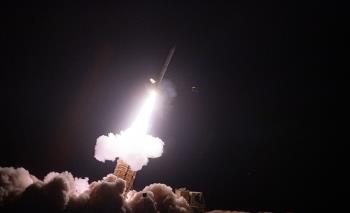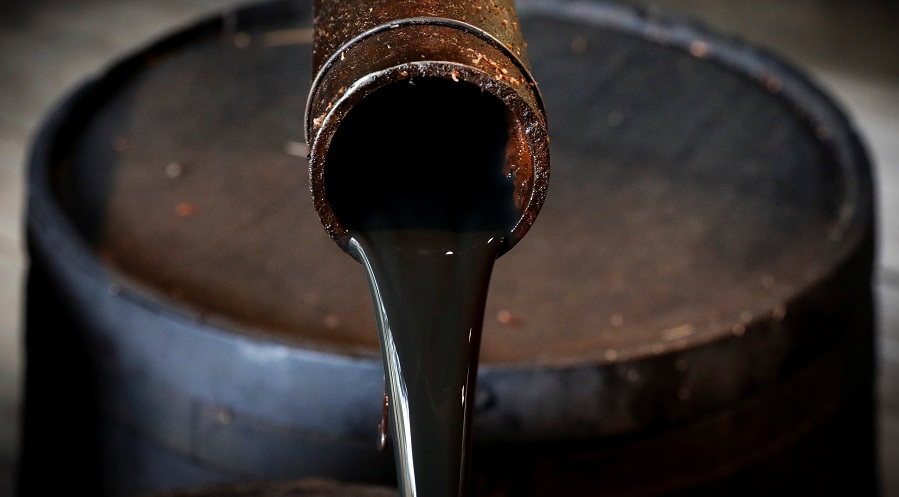Alwaght- Oil prices will likely reach $100 per barrel before year-end and OPEC has no leverage to prevent such a scenario, an analyst has warned.
"Nobody wants to get caught short, full in the knowledge that more Iranian barrels are poised to be removed from the market,” Stephen Brennock, oil analyst at PVM Oil Associates, said in a research note published on Monday, as quoted by CNBC.
Oil prices hit a four-year high of $83 a barrel on Monday after OPEC and Russia rejected calls from the US to increase production amid looming sanctions against Iranian crude oil exports.
According to Brennock, OPEC kingpin Saudi Arabia is ill-equipped to prevent a supply shock in the energy market.
Iran's Oil Minister Bijan Zanganeh said on Wednesday American president cannot reduce Iran's oil export and simultaneously prevent the price of crude from rising, suggesting that Donald Trump should stop interfering in the West Asia if he wants cheap oil.
“Mr Trump is trying to seriously reduce exports of Iran’s oil and also ensure the price of oil does not go up, but these two cannot happen together,” Iranian Students’ News Agency cited Zanganeh as saying, Reuters reported.
“If he wants the price of oil not to go up and the market not to get destabilized, he should stop unwarranted and disruptive interference in the West Asia and not be an obstacle to the production and export of Iran’s oil.”
Trump, not the Organization of the Petroleum Exporting Countries, is behind the recent rise in prices, Zanganeh said.
“Trump blames OPEC for what he has created and caused: the rise of the price of oil and disturbance in the market.”
US President Donald Trump announced in May that Washington was pulling out of the nuclear agreement which lifted nuclear-related sanctions against Tehran in exchange for restrictions on Tehran's nuclear program.
The US administration reintroduced the previous sanctions while imposing new ones on the Islamic Republic. It also introduced punitive measures — known as secondary sanctions — against third countries doing business with Iran.
A first round of American sanctions took effect in August, targeting Iran's access to the US dollar, metals trading, coal, industrial software, and auto sector. A second round, forthcoming on November 4, will be targeting Iran’s oil sales and its Central Bank.
The US is rapidly increasing its production. In September, it hit a record 11.1 million bpd, according to data from the Energy Information Administration (EIA). That is an increase of almost a third since 2016. However, the increase in US production is not enough to offset the loss of Iranian output.



























